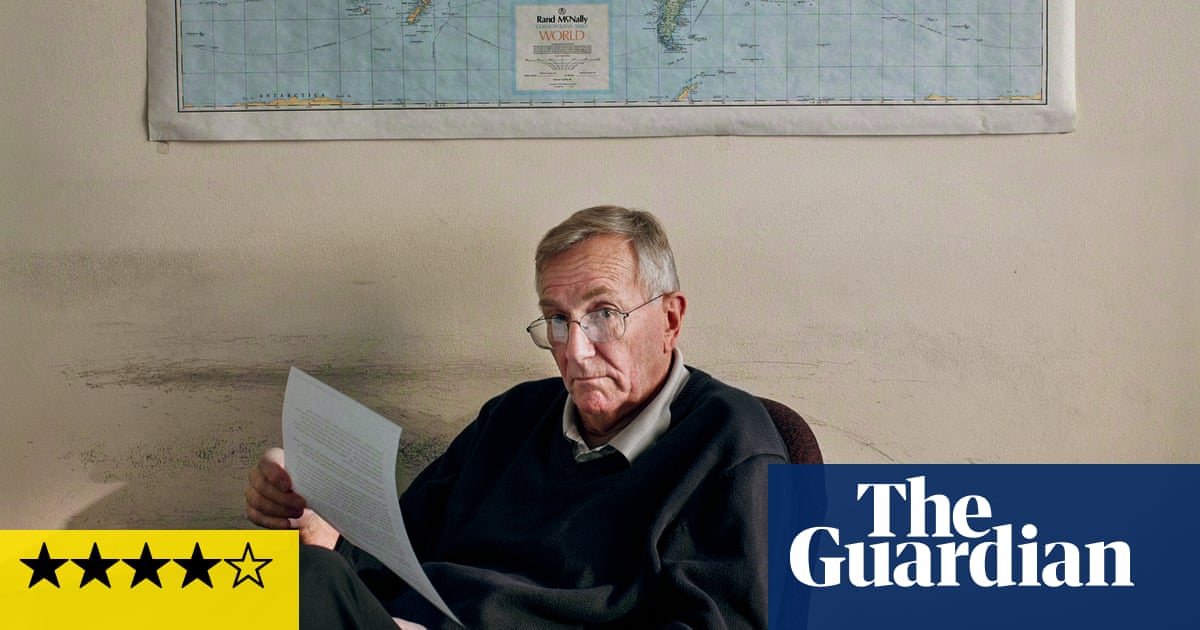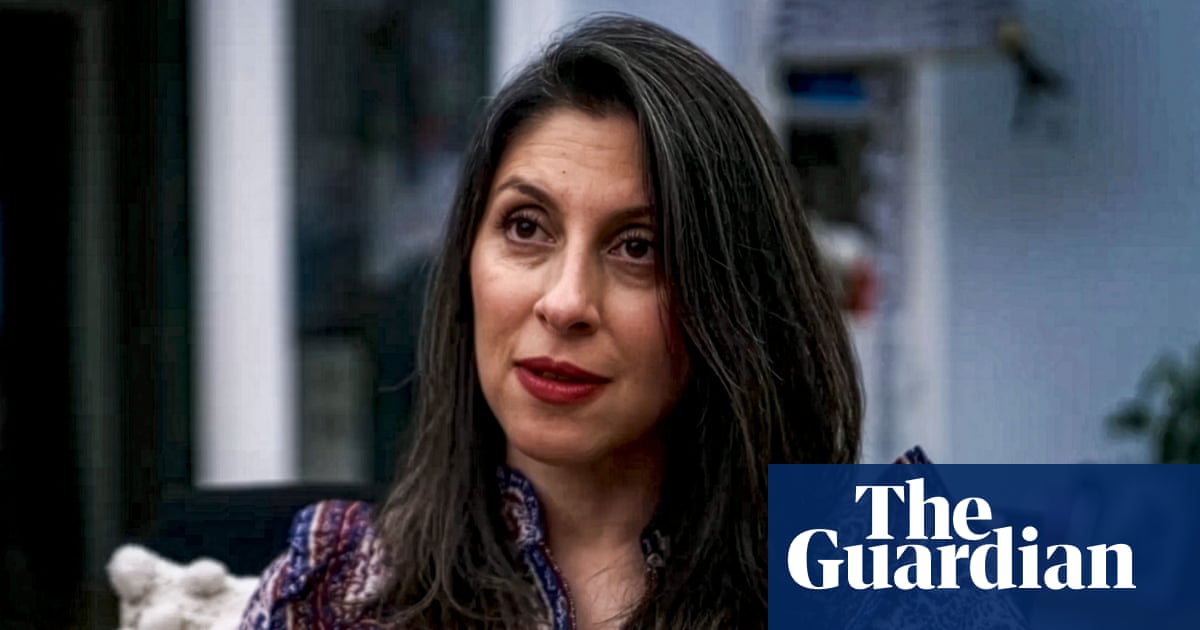Madagascar’s new military ruler will be sworn in as the country’s president on Friday, the military said on Wednesday, as the African Union suspended the island nation after a coup that ousted President Andry Rajoelina.
The Indian Ocean nation has been plunged into its worst political upheaval in years after the elite Capsat army unit assumed power on Tuesday, moments after parliament voted to impeach Rajoelina, who appeared to have fled the country as street protests escalated.
It becomes the latest former French colony to fall under military control since 2020, after coups in Mali, Burkina Faso, Niger, Gabon and Guinea.
Capsat commander Col Michael Randrianirina, confirmed as president by the top court, said on Wednesday that the transition to civilian leadership would take under two years and include the restructuring of major institutions.
“It wasn’t a coup, it was a case of taking responsibility because the country was on the brink of collapse,” he said, having pledged elections in 18 to 24 months and told local media that consultations were under way to appoint a prime minister and form a new government.
The transition would be overseen by a committee of officers from the army, gendarmerie and police.
Randrianirina “will be sworn in as president of the refoundation of the Republic of Madagascar during a solemn hearing of the high constitutional court” on 17 October, the country’s military rulers said in a statement, published on social media by a state television station.
Randrianirina has long been a vocal critic of Rajoelina’s administration and was reportedly imprisoned for several months in 2023 for plotting a coup.
The swift takeover has drawn international concern. The African Union on Wednesday told AFP it was suspending Madagascar “with immediate effect”, while the UN said it was “deeply concerned by the unconstitutional change of power”.
France said in a statement that it was “essential that democracy, fundamental freedoms, and the rule of law be scrupulously upheld”.
A spokesperson for the German foreign ministry said all actors needed to “act with caution in this currently somewhat confusing situation”, while Russia called for “exercising restraint and preventing bloodshed”.
The security body of regional SADC grouping – of which Rajoelina was holding the rotating presidency – also expressed concern.
The capital, Antananarivo, remained calm late on Wednesday, though uncertainty lingered over what might happen next.
A concert was held on the symbolic Place du 13 Mai square, in front of the city hall, where thousands of protesters and armed vehicles had clashed days earlier.
The youth-led Gen Z movement that initiated the protests on 25 September over lack of water and energy before they later swelled into broader anger at the political elite have welcomed the intervention of Randrianirina.
The colonel had said he was “ready to talk to the youth and we are ready to answer the call,” Gen Z said in a post on Facebook, reiterating its calls for “systemic change”.
“We’re worried about what comes next, but we’re savouring this first victory that gave us hope,” 26-year-old Fenitra Razafindramanga, captain of Madagascar’s national rugby team, told AFP.
In the northern city of Antsiranana, an entrepreneur who identified herself only as Muriella was relieved that Rajoelina was no longer in power.
“It feels like we’ve just been released from prison,” she told AFP, adding: “This is also a message to his successor: learn from this and don’t make the same mistakes.”

.png) 1 month ago
50
1 month ago
50

















































